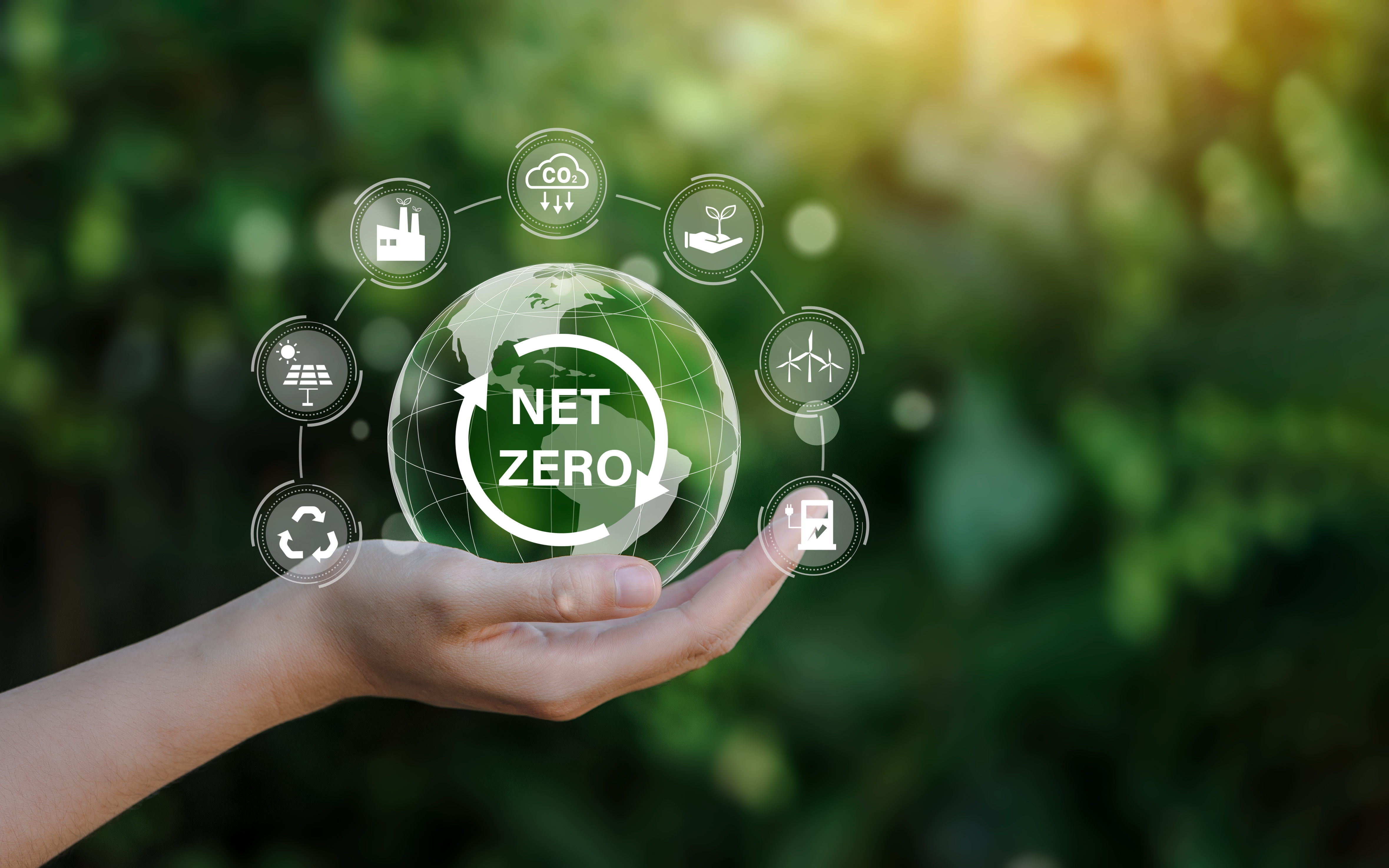
World leaders should act now to tackle climate change by removing tariffs on products that support the move to net zero and by introducing levies on high-emissions goods, the president of the World Economic Forum said at the WTO Public Forum yesterday (13 September).
Børge Brende’s comments came as part of a discussion on ‘Forging Trade for a Sustainable Future’ which also featured senior representatives from Ikea, the World Wide Fund for Nature (WWF) and government officials from Ecuador and St Vincent and the Grenadines.
The panel told the audience of business representatives, policymakers and academics that carbon taxes also had an “important role” to play, but only as part of a wider package of measures.
From oil subsidies to green relief
Brende said “there are a lot of tariffs” currently being imposed on technologies and goods that are needed for the move to net zero, including those that support the increased use of renewables. He said it was also “quite depressing to see we are using so much money on subsidising fossil fuels,” as he pointed out that funds for emitting industries had increased over the last year.
He said that trade needed to be an “agent of change” and that removing tariffs from goods that support the net zero transition could be a solution.
“If you’re exporting green, you should have zero tariffs, if you are exporting goods that are harming nature, then maybe I’m a fan of tariffs,” he said.
Jesper Brodin, the CEO of Ingka Group, which runs Ikea, agreed, saying “the tools of taxation should be used” and that businesses need to be shown there are “economies of scale” when developing new products or processes for the transition.
Carbon taxes
Kirsten Shuijt, the director general of WWF International, said that carbon pricing and taxation measures also had an “important role” in addressing emissions from the transport, building and shipping sectors. However, she said it was “not a silver bullet” and needed to “sit in a broader set of measures” that also included subsidies and tariffs.
Brodin noted, however, that businesses will differ in terms of which parts of their supply chains are most affected by emissions. He said transport, for example, wasn’t a particularly significant emitter for Ikea, but that 50% of the firm’s carbon now sits in raw materials.
“In every industry, you need to be scientific in how you address your solutions,” he said. He agreed with Shuijt that carbon taxes had a role, but said that decisionmakers also needed to “speed up incentivisation”.
Decoupling growth from emissions
In response to a question about the need to decouple growing consumption from rising emissions from moderator Raj Kumar, president and editor in chief at Devex, Brodin said that decoupling was “a very good business idea” and claimed that Ikea was a “trailblazer on sustainability” for economic reasons, as well as branding and ethics.
Kumar responded that there is a need to not only decouple economic growth from emissions, but to couple international development with emissions reductions.
Keisal Peters, the minister of foreign affairs and foreign trade for Saint Vincent and the Grenadines, agreed that nature and economy should be viewed as being “intertwined” rather than “separate”. She added that trade would therefore have an important role in the future of the planet.
“It’s not whether we have trade or not, it’s about what we want trade to be” as well as “what role institutions like the WTO” have to play in ensuring trade can act as a “force for good”, she said.
Daniel Legarda, the Ecuadorian foreign trade minister, agreed, saying:
“We want to make sure that, as trade ministers, we do not to lose this perspective of trade – it’s important for creating jobs and investment for our future societies, but it needs to take into account the impact of climate change”.
Supporting developing countries
Peters added that the multilateral trading system needed to support smaller economies to acquire the technologies and resources needed to move to net zero.
“When we try to harness new green technologies, there’s a cost,” she said, noting that support is needed for countries like hers when it comes to “how we can acquire these technologies”.
However, she pointed out that organisations like the WTO needed to support smaller countries to get and develop these technologies by ensuring western nations create an open market without overly stringent intellectual property protections.
“What we experienced during the Covid-19 pandemic was not humanity’s best moment,” she said. “We were told that we had to wait until your populations had inoculated your own populations first.”
She applauded the WTO’s leadership in proposing an IP waiver for vaccines and argued that a similar approach may be needed for green technologies.



